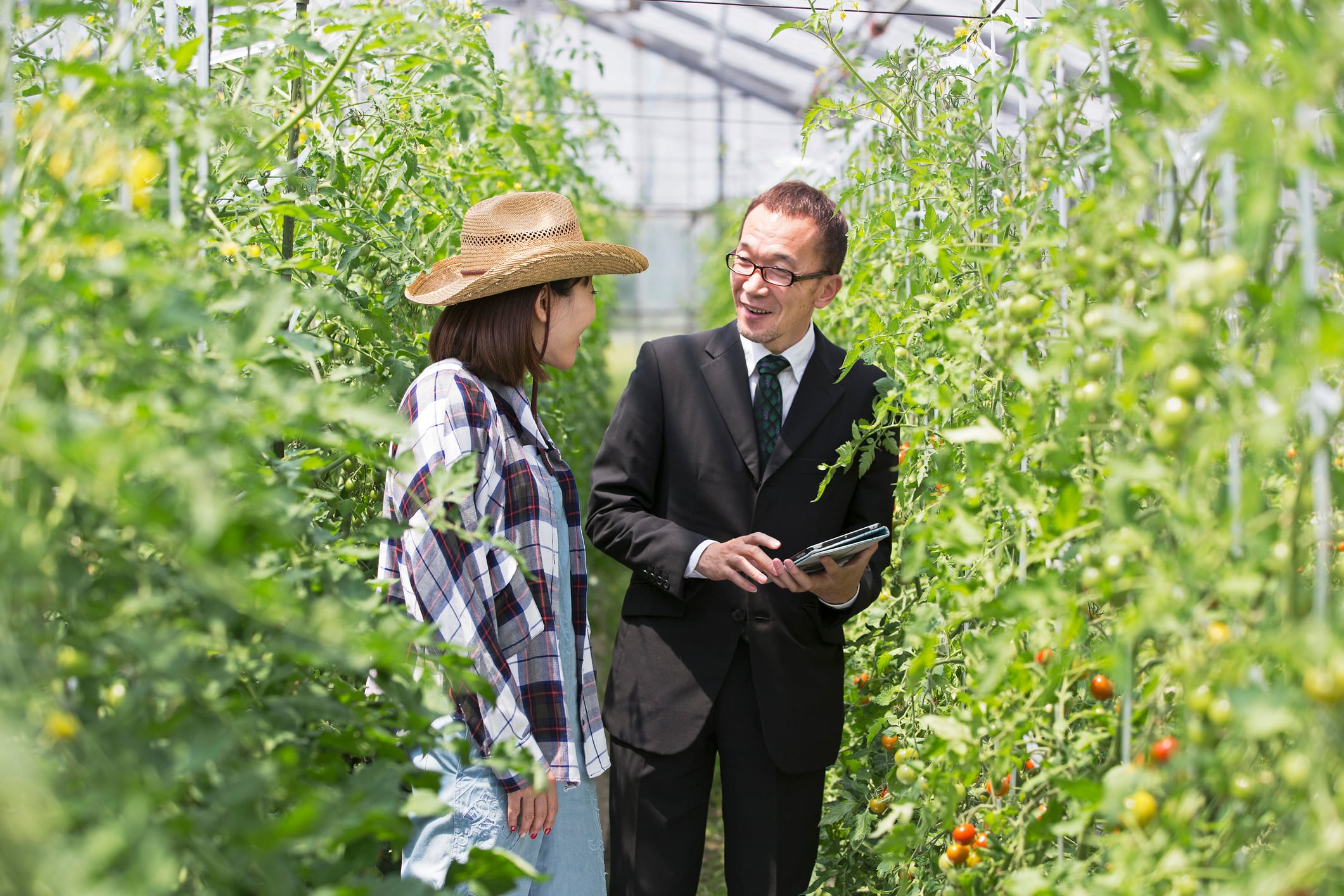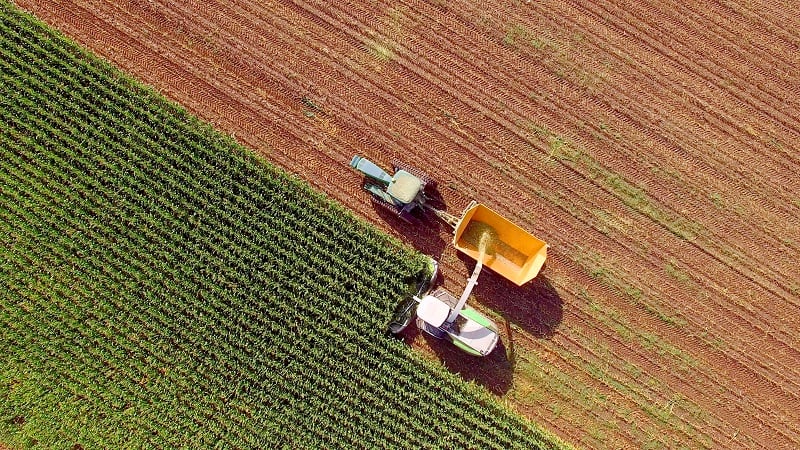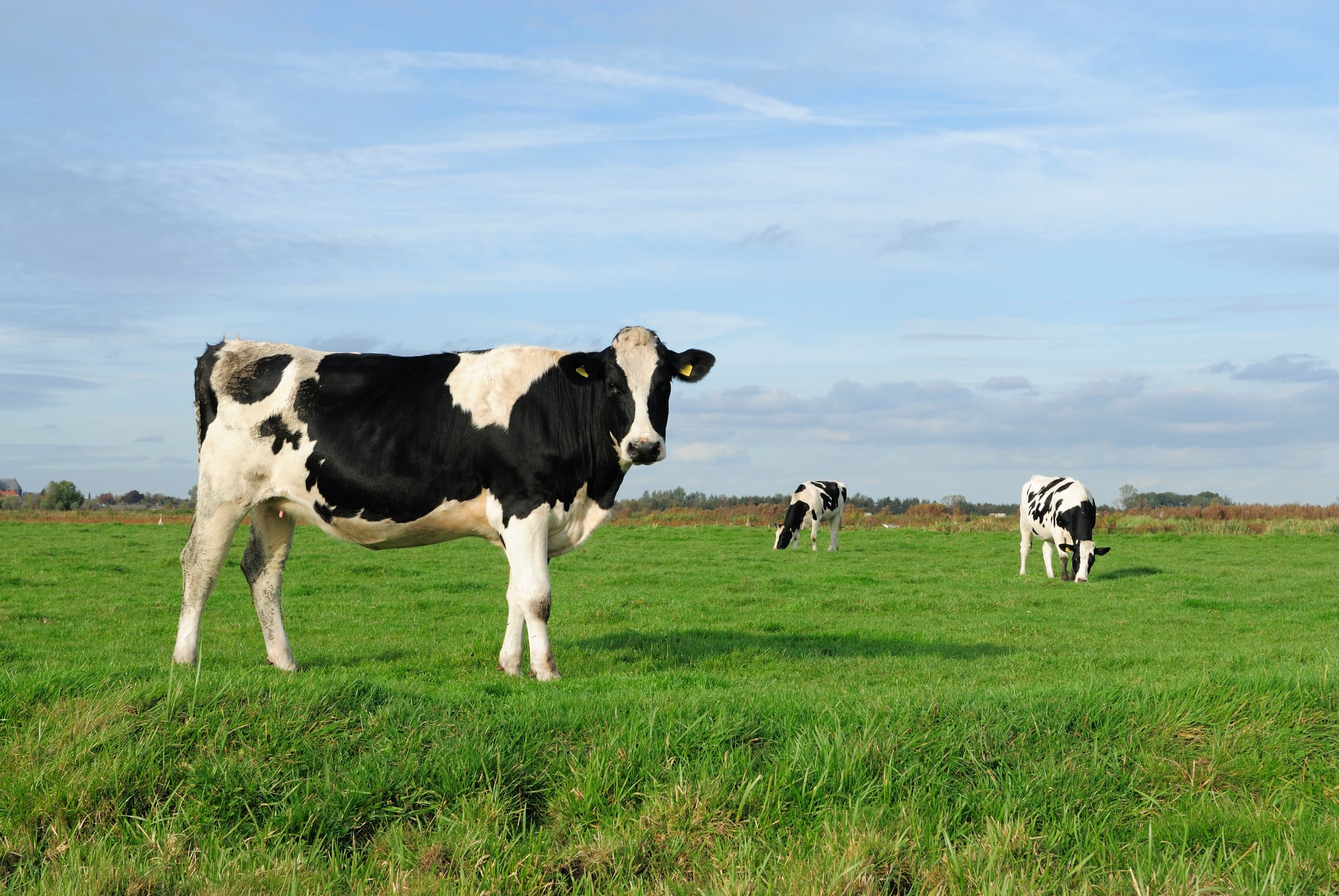Weetabix Food Company, maker of Alpen, Ready Brek as well as its flagship breakfast cereal product, has announced the success of a trial to reduce greenhouse gas carbon emissions from wheat cultivation.
The British company’s Lower Carbon Wheat Project has demonstrated the potential to cut greenhouse gas emissions by 50% during wheat production. The company described this as a critical step in reducing the overall carbon footprint of Weetabix’s largest single ingredient.
The project was carried out with the Weetabix Grower’s Group, a collective of over 120 local farmers within 50 miles of Weetabix’s mills in Northamptonshire. The group cultivates 75,000 metric tonnes of wheat each year across more than 4 million acres.
The project has achieved a 50% reduction in on-farm wheat emissions by focusing on several key sustainable agriculture practices. It encouraged farmers to cut synthetic nitrogen application by 20% over three years, replacing it with natural alternatives such as cover crops, manures, and molasses-based biological treatments.
This approach directly targeted nitrogen fertiliser, the largest contributor to Weetabix’s wheat farming emissions.
Participating farmers implemented regenerative practices, including crop rotation and the use of cover crops, which improve soil health and help sequester carbon. Precision nitrogen application — using soil assessments and technology to apply only the necessary amount of fertiliser — further reduced excess emissions.
The fact that all wheat is sourced from within a 50-mile radius of Weetabix’s mills also minimised emissions from transport and ensured solutions are tailored to diverse soil types and farming conditions.
Commercial sense
Weetabix Food Company’s managing director Colm O’Dwyer said: “This lower carbon wheat project is a game-changer, not just for Weetabix but for the wider food industry and the future of sustainable agriculture in the UK.
“Doing the right thing isn’t just a ‘nice to have’ – it also makes commercial sense.
“Taking a farmer-led approach has been vital to the success of this project, as making sure that the pilot scheme reflects the diversity of farming, soil types and climate conditions amongst growers is essential in order to scale the project and to be economically viable.”





